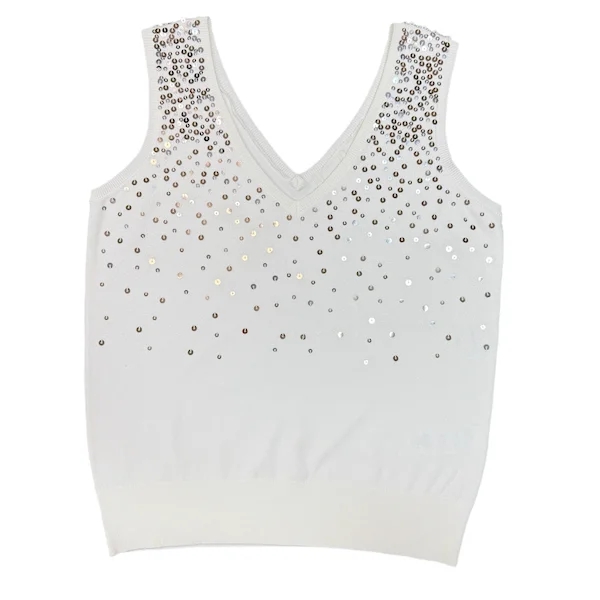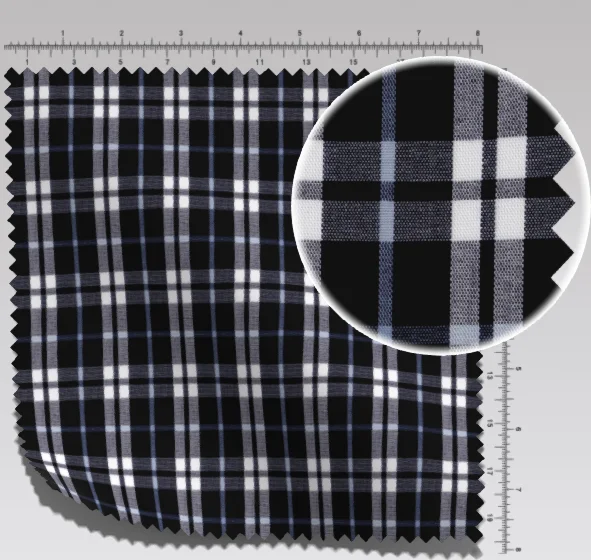Welcome to this forum post, where we will delve into the intricate world of oil seals. Whether you are a mechanical engineer, an automotive enthusiast, or simply someone seeking knowledge, this guide aims to provide you with expert insights on how to choose the ideal oil seal for your specific application. With a focus on practicality and accuracy, we will explore various factors to consider, ensuring that you make an informed decision. So, let's embark on this enlightening journey together!
- Understanding the Basics:
Before we dive into the selection process, it is crucial to grasp the fundamentals of oil seals. These seals are essential components used to prevent the leakage of fluids, such as oil, in mechanical systems. They play a vital role in maintaining the efficiency and longevity of machinery, ensuring smooth operations. - Assessing Environmental Factors:
One of the primary considerations when choosing an oil seal is the environment in which it will be operating. Factors such as temperature, pressure, and exposure to chemicals can significantly impact the seal's performance. It is essential to identify the specific conditions your seal will encounter to select the appropriate material and design. - Material Selection:
Oil seals are available in various materials, each with its unique properties and advantages. Common options include rubber, polytetrafluoroethylene (PTFE), and metal. Rubber seals are versatile and cost-effective, while PTFE seals offer excellent chemical resistance. Metal seals, on the other hand, are ideal for high-temperature applications. Carefully evaluate the requirements of your system to determine the most suitable material. - Design Considerations:
The design of an oil seal plays a crucial role in its effectiveness. Factors such as lip configuration, spring presence, and seal geometry can significantly impact sealing performance. It is advisable to consult with manufacturers or industry experts to ensure the chosen design aligns with your specific needs. - Compatibility and Sizing:
To achieve optimal sealing, it is vital to ensure compatibility between the oil seal and the mating components. Consider factors such as shaft diameter, housing bore, and seal cross-section dimensions. Accurate measurements and adherence to industry standards are essential to guarantee a proper fit. - Quality and Reliability:
When selecting an oil seal, prioritize quality and reliability. Look for reputable manufacturers with a track record of producing high-quality seals. Consider factors such as material durability, manufacturing processes, and certifications. Investing in a reliable seal will save you time, money, and potential system failures in the long run.
Conclusion:
Choosing the right oil seal requires a comprehensive understanding of the application, environmental factors, material selection, design considerations, compatibility, and quality. By carefully evaluating these aspects, you can ensure optimal performance, longevity, and efficiency of your machinery. Remember, when in doubt, consult with industry professionals who can provide expert guidance tailored to your specific requirements. So, go ahead and make an informed decision that will keep your systems running smoothly!





+ There are no comments
Add yours